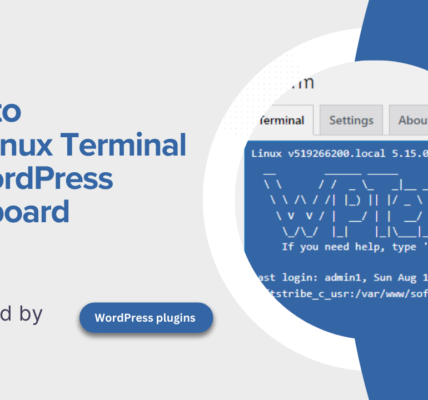How to Fix the Username Enumeration Vulnerability in WordPress
The vulnerability you’re facing is related to WordPress’ REST API endpoint /wp-json/wp/v2/users/, which allows anyone to enumerate usernames. This is known as Username Enumeration and can be exploited to discover valid usernames, making it easier for attackers to target specific accounts with brute-force or other types of attacks.
On Softstribe, when I run https://softstribe.com//wp-json/wp/v2/users/ ← this link, it was showing all the data of usernames which are registered in its database. We should not let the URL to be accessible publicly because it is going to display all the details of your users to hackers who specifically target sites which as open to Username Enumeration Vulnerability.
Steps to Fix the Username Enumeration Vulnerability
Disable REST API for Unauthorized Users
One of the most effective ways to prevent username enumeration via the REST API is to disable REST API access for non-authenticated users. You can do this by adding a code snippet to your theme’s functions.php file or using code snippets plugin.
Here’s a simple snippet to disable REST API access for non-authenticated users:
add_filter('rest_authentication_errors', function ($result) {
if (!empty($result)) {
return $result;
}
if (!is_user_logged_in()) {
return new WP_Error('rest_not_logged_in', 'You are not currently logged in.', array('status' => 401));
}
return $result;
});This code checks if a user is logged in before granting access to REST API endpoints.
Modify the REST API Response
If you want to keep the REST API open but obfuscate the response, you can modify the REST API’s user query to limit the information disclosed:
add_filter('rest_endpoints', function ($endpoints) {
if (isset($endpoints['/wp/v2/users'])) {
unset($endpoints['/wp/v2/users']);
}
return $endpoints;
});This code snippet removes the /wp/v2/users endpoint from the REST API, preventing username enumeration through this endpoint.
By implementing these steps, you can mitigate the username enumeration vulnerability and strengthen the security of your WordPress website.




